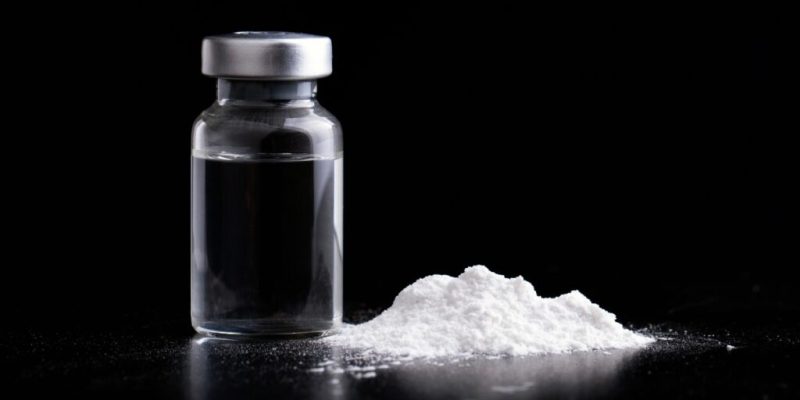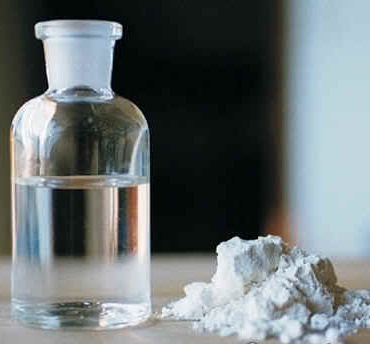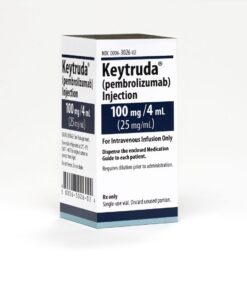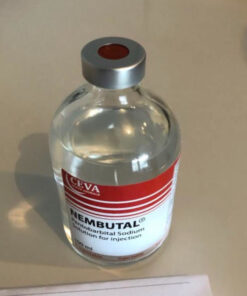Description
Buy PCP (Phencyclidine) Online
Before you buy PCP Online, we will first give you full details of what its all about.

Understanding PCP (Phencyclidine): Uses, Effects, and Risks
PCP, or phencyclidine, is a powerful hallucinogenic drug that was originally developed as a surgical anesthetic in the 1950s. However, due to its serious side effects and potential for abuse, PCP is no longer used in medical practice. Despite its illegality and classification as a Schedule II controlled substance, PCP continues to be abused for its mind-altering effects. In this article, we’ll explore the uses, effects, and risks of PCP.
History and Development of PCP
PCP was first synthesized in the 1950s by pharmaceutical company Parke-Davis as a dissociative anesthetic for use in surgical procedures. It was initially marketed under the brand name Sernyl but was later discontinued due to its adverse effects, which included agitation, delirium, and hallucinations. Despite its withdrawal from medical use, PCP found its way into the illicit drug market and gained popularity as a recreational drug in the 1960s and 1970s.
Pharmacology of PCP
PCP acts primarily as a noncompetitive antagonist at the NMDA receptor, a type of glutamate receptor in the brain that is involved in the regulation of synaptic transmission and synaptic plasticity. By blocking the activity of the NMDA receptor, PCP disrupts normal neurotransmission and leads to alterations in perception, mood, and cognition. It also affects other neurotransmitter systems, including dopamine and serotonin, which contribute to its psychoactive effects.
Effects After Buy PCP and Use
The effects of PCP can vary depending on factors such as dosage, route of administration, and individual sensitivity. Common effects of PCP use include:
- Hallucinations: PCP can cause vivid hallucinations, including visual, auditory, and tactile hallucinations. Users may perceive distortions in reality and experience sensations that are not based on external stimuli.
- Disorientation: PCP can induce a state of profound disorientation, confusion, and detachment from reality. Users may feel disconnected from their surroundings and have difficulty distinguishing between fantasy and reality.
- Distorted Perception: PCP can alter perception of time, space, and self, leading to feelings of time dilation, spatial distortion, and depersonalization.
- Psychomotor Agitation: PCP can cause psychomotor agitation, including restlessness, pacing, and repetitive movements. Users may exhibit erratic or unpredictable behavior.
- Physical Effects: PCP can produce a range of physical effects, including elevated heart rate, elevated blood pressure, dilated pupils, and diaphoresis (excessive sweating). In high doses, PCP can also induce muscle rigidity, seizures, and respiratory depression.
Risks and Dangers of PCP Use
PCP use is associated with numerous risks and dangers, both short-term and long-term. Short-term risks of PCP use include:
- Acute Psychosis: PCP can induce acute psychotic episodes characterized by severe agitation, paranoia, and violent behavior.
- Accidental Injury: PCP can impair judgment, coordination, and perception, increasing the risk of accidents, injuries, and self-harm.
- Overdose: PCP overdose can result in severe toxicity, including seizures, coma, and death. Overdose risk is heightened when PCP is combined with other substances such as alcohol or opioids.
- Addiction and Dependence: Chronic use of PCP can lead to tolerance, dependence, and addiction, requiring increasingly higher doses to achieve the desired effects.
Long-term risks of PCP use include:
- Cognitive Impairment: Chronic use of PCP can lead to cognitive impairment, including memory loss, impaired judgment, and difficulty concentrating.
- Psychiatric Disorders: PCP use has been associated with the development of psychiatric disorders such as depression, anxiety, and psychosis, even after discontinuation of use.
- Physical Health Problems: PCP use can have adverse effects on physical health, including cardiovascular complications, respiratory problems, and liver and kidney damage.
Conclusion
PCP is a potent hallucinogenic drug with serious risks and dangers associated with its use. Despite its illegality and classification as a controlled substance, PCP continues to be abused






Reviews
There are no reviews yet.